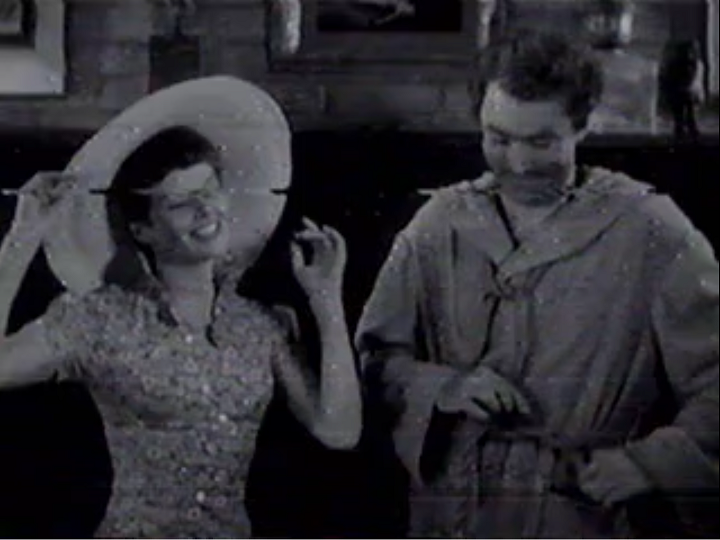Some of Steam’s oldest user accounts are turning 20-years old this week, and Valve is celebrating the anniversary by handing out special digital badges featuring the original Steam colour scheme to the gaming veterans.
Steam first opened its figurative doors all the way back in September 2003, and has since grown into the largest digital PC gaming storefront in the world, which is actively used by tens of millions of players each day.
“In case anyone’s curious about the odd colours, that’s the colour scheme for the original Steam UI when it first launched,” commented Redditor Penndrachen, referring to the badge’s army green colour scheme, which prompted a mixed reaction from players who remembered the platform’s earliest days. “I joined in the first six months,” lamented Affectionate-Memory4. “I feel ancient rn.”
I remember how much everyone hated steam at first. The WON was fine why ruin it with this stupid steam thing?
Before steamid there was wonid. OGs know.
I for some reason take great pride in having a low numbered steamid.
yeah i signed up the same day wonid switched to steamid and nabbed a 5 digit
I’m just here to remind people that those guys are active shills that sold out immediately back when all of us principled ones were raging about them forcing always online DRM onto Half Life 2 and actively boycotting it (and still playing a cracked copy anyway, because hey).
And you know what? We were right. Turns out it DID make everything a nightmarish hellscape of big brother-esque remote digital rights control where you never own anything you buy. Those 20 year old veterans ruined it all.
So yeah, they get a badge and I get to go “you maniacs, you blew it up!” and so on.
At least it’s digital rights control now instead of your rights depending on a fragile piece of plastic and aluminum.
What good is legally owning a game if I lose access to it just because it physically broke? I’d still have to buy it again (or pirate it) if anything happened to the disk, so IMO, it’s a wash.
We give up legal rights in exchange for extra short term safety and convenience. And if Steam or the developer ever takes it away from me, I can always just go pirate it to get it back.
If I punched you in the dick, would you say, “At least you didn’t kick me in the dick (with shoes!)”?
What good is legally “owning” a game if you can never sell it, and what good is games never breaking if you can’t buy and run them from a yard sale for a quarter?
My point is that owning games was never any good because there was always some severe limitation on your legal rights since the game itself is a piece of software and there’s no universal way to guarantee your ownership of a piece of software.
The disk could always break. If there was any online component, they could always take down the servers. Or if the game was broken from the start or became broken at any point, they could always just never provide the necessary update to make it playable.
I’ve never really been one to sell my games because I’m always wanting to go back and play them later, so I can’t really offer any input on that fact.
I just prefer the system that gives me at least a paper thin guarantee over the one that’s less convenient and has absolutely no guarantee.
The disk could always break.
That’s what backups are for.
If there was any online component, they could always take down the servers. Or if the game was broken from the start or became broken at any point, they could always just never provide the necessary update to make it playable.
Digital only just makes those problems apply to all games.
I’ve never really been one to sell my games because I’m always wanting to go back and play them later, so I can’t really offer any input on that fact.
I like playing a collection too, and I was able to acquire it because other people where able to sell/give away theirs
I just prefer the system that gives me at least a paper thin guarantee over the one that’s less convenient and has absolutely no guarantee.
Being able to physically hold everything needed to play the game was our guarantee.
A guarantee the publisher would never ever be able to take what we had just paid $60 (or less, secondhand) away from us.
Owning over a 1000 copies of physical games sounds like a nightmare in managing the space and searching for titles to me. And when I look at the market prices of old retro games and then the counterfeits I’m not too upset about the move towards digital.
Well maybe 1000 games is too many.
Tell you what, we used to have 6 games and we were happy.
And when I look at the market prices of old retro games and then the counterfeits
I’m with you there, but maybe the prices are going up because new physical games aren’t being released any more, so I can contort my way to blame that on digital gaming, too.
As for 3rd party repros I like those; they fill a niche. Heck, someone should make …pros of games that never got physical releases.



